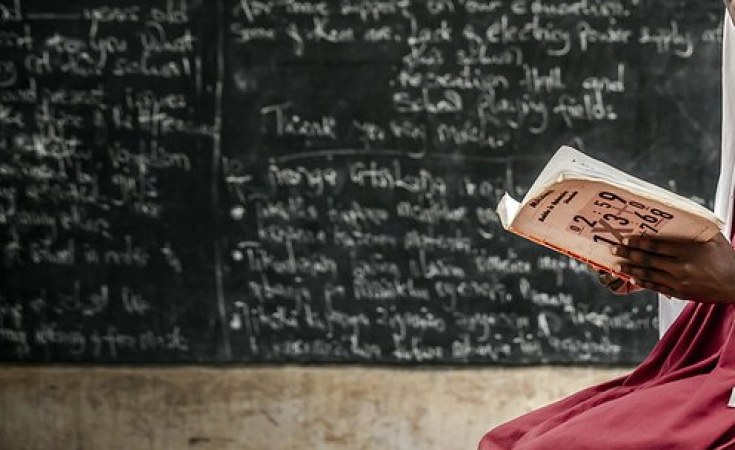Recent employment numbers from Malawi this week say that roughly 91 percent of the total population is unemployed relying on the remaining nine percent to support the economy. This was according to Secretary for Economic Planning and Development in the Ministry of Finance Patrick Zimpita when he spoke in Lilongwe Monday at the beginning of Population Week 2023.
On the bright side of the event, the government championed the progress on gender equality that is being made which can improve the economic future of our country.
The Malawi government has a big opportunity now to work with organizations already focused on empowering young women at a young age. Local community programs are providing them health services, job trainings, help with disabilities, as well as education on reducing climate impacts.
According to Afrobarometer 633 the government has proven its commitment to moving gender equality forward by ratifying agreements like the Convention on the Elimination of All Forms of Discrimination Against Women, the Protocol to the African Charter on Human and Peoples' Rights on the Rights of Women in Africa (Maputo Protocol), and the Southern African Development Community (SADC) Protocol on Gender and Development.
We have also seen our government release positive policies for women and girls like the National Gender Policy; the National Action Plan on Women, Peace and Security; and the National Strategy on Ending Child Marriage (2018-2023) (Republic of Malawi, 2015, 2022; UN Women, 2020). By setting our development agenda with the UN Sustainable Development Goals like SDG 5 at the forefront we can "achieve gender equality and empower all women and girls."
We currently have slightly less than 21 million living in Malawi with a 51 percent female population. If we train more young women to work in jobs and become entrepreneurs, while tackling gender-based violence, we can strengthen our economy at a rapid pace. But, Malawi cannot prosper if only one person is shouldering the burden of nine fellow citizens.
According to Project Hope, increasing the number of health and social workers would harness lasting change for communities across Malawi, especially for young women and girls. Local workers and volunteers help increase their overall health so they can receive better education and job opportunities. Primary and secondary school access is difficult nationwide because of "poor sanitation facilities, access to reading materials, access to science laboratories, and inadequate numbers of teachers."
The United Nations Conference on Trade and Development (UNCTAD) provided online trainings this year for over 100 policymakers, academics and civil society leaders to help more women in developing countries like Malawi benefit from trade. Many women in developing nations are running small businesses across borders to help drive their countries' economies.
Programs are also teaching women and girls here about the devastating impacts of the climate crisis. Our nation is one of the globe's poorest and lowest carbon-emitting countries but ranked number five in the Global Climate Index 2021 list of nations affected the most by extreme weather. Climate change also increases sexual and gender-based violence by worsening poverty, depleting natural resources, forcing migration, and multiplying gender discrimination.
Gender equality is critical for Malawi to reach the UN Sustainable Development Goals as well as the UN's Malawi Vision 2063, as an "Inclusively Wealthy and Self-reliant Nation." This will require stakeholders to come together to provide Malawi with good health, job skills, better education, and opportunities for a strong green economy. More volunteers are needed around the country to assist in this achievable process.
Arthur Nkosi is Country Director of CorpsAfrica/Malawi


